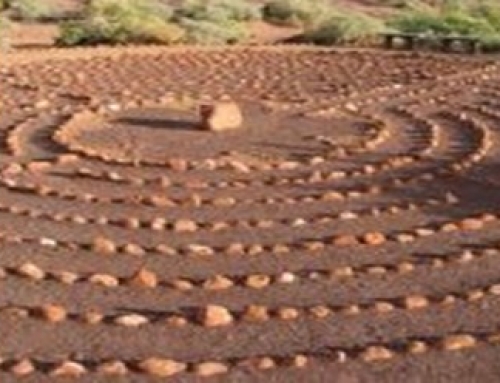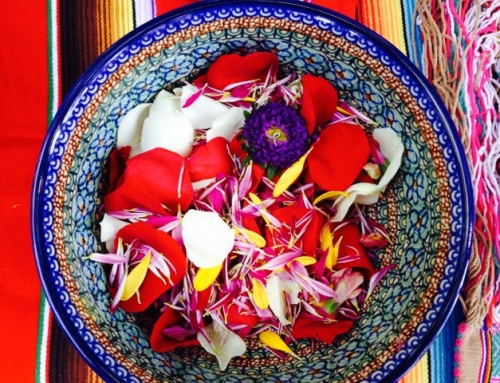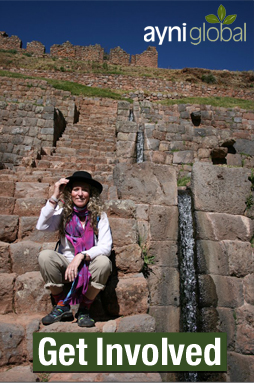Action is required to make ideas real. However, the give and take of daily life is often complicated by details and unexpected events. But, when people get together to work out mutual concerns and solve problems, they find that accomplishing things is done better as a collective rather than on their own.
Traditional indigenous people work as a unit, as well as individually. When they come together on a project, to solve a conflict, or advance an idea, the starting ground is that by the end of the meeting they will reach an agreement. In the long run, benefitting all is a characteristic of successful societies. Here’s how you can start your own reciprocity circle.
Set aside 20 minutes to meet with your family, a group of friends, neighbors, or coworkers. Every one has to agree to meet for the purpose of helping solve a problem or fulfill a request. Start with a problem, like “We have potholes in our street. How are we going to fix it?” Or, begin with an idea, like “How can we further the principle of Ayni in our school?”
Another starting point is for one member to submit a request, and the rest of the group pools their knowledge, experience, resources, and networks to fulfill the request. For example, “We need to raise $1,500 so Q’ero women can have better lighting and worktable space for their weaving studio.” Or, “The Q’ero want to use solar panels to generate electricity for lighting at Ayniwasi. How do we find the best and most economical solar hardware for their use?”
This simple exercise can be an extremely powerful experience in reciprocity. Adam Grant in Give and Take presents university and industry studies of the power of reciprocity groups. He found that we tend to underestimate the willingness of people to give and share their wealth, knowledge, contacts, and experience. When you freely give part of your time and money for the good of others, a social movement, your community or country, you feel incredibility good about yourself.
Remember, the request must be legitimate and meaningful. Givers tend to do most of the work, most of the time. Matcher and taker personalities tend to hold back, look at it from the point of what they might lose, or what’s in it for them. Try to engage every one equally, at their personal comfort level, so givers are not doing it all by themselves.
When you focus on solutions rather than over emphasizing problems, positive things happen. You’ll find that there’s a noticeable shift of energy in the room. People get excited in a positive way. Enthusiasm swells. As you create momentum, even if it’s a very small pebble in a big pond, a ripple effect happens.
A reciprocity circle can have positive disruptive effects. Dark moods become lighter. What once seemed impossible, now offers possibilities. An endless journey soon becomes a homecoming.
This exercise works because Ayni – the principle of reciprocity – is universally true, something you can discover for your self. But, you cannot just think about it or simply agree that Ayni is important, you have to do something about it, you have to behave wisely in a positive manner, you have to act.




Leave A Comment